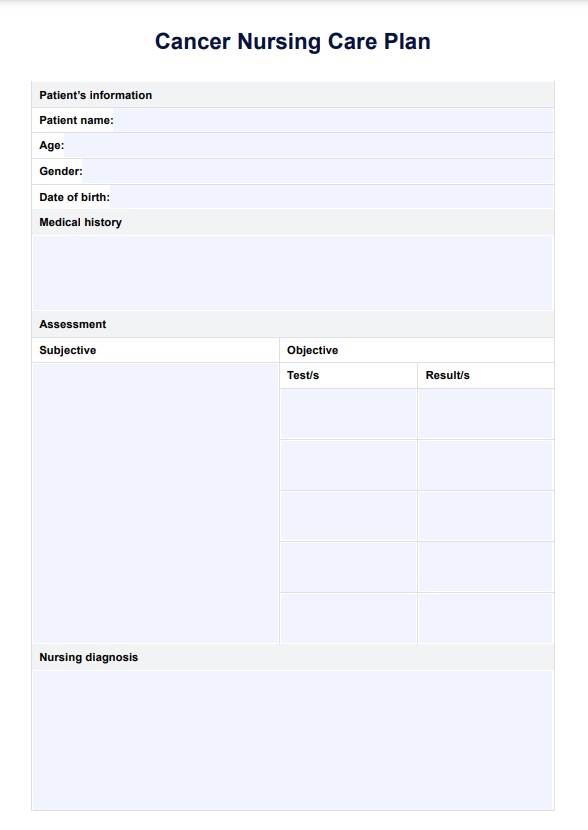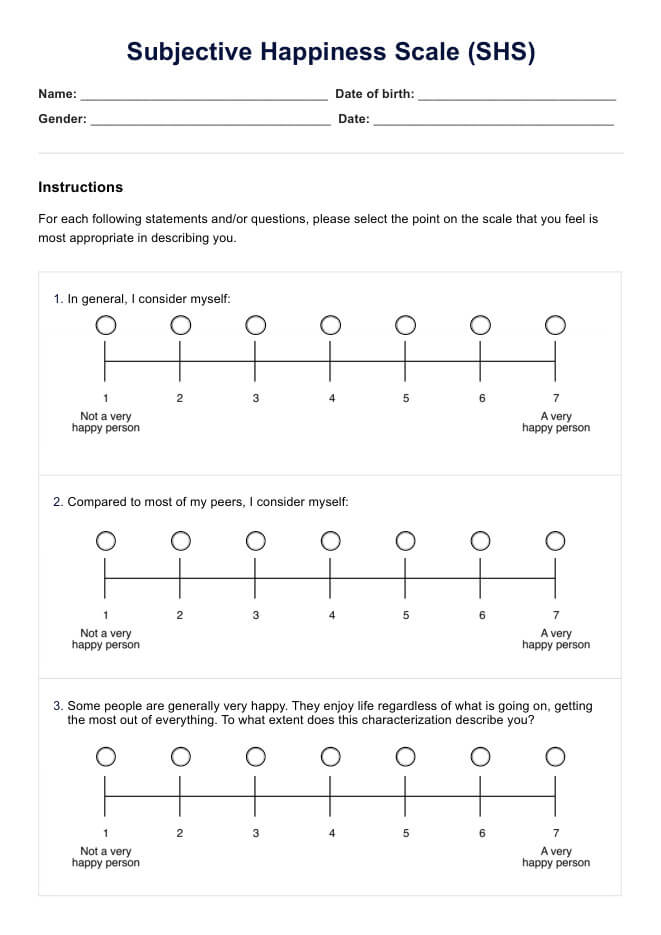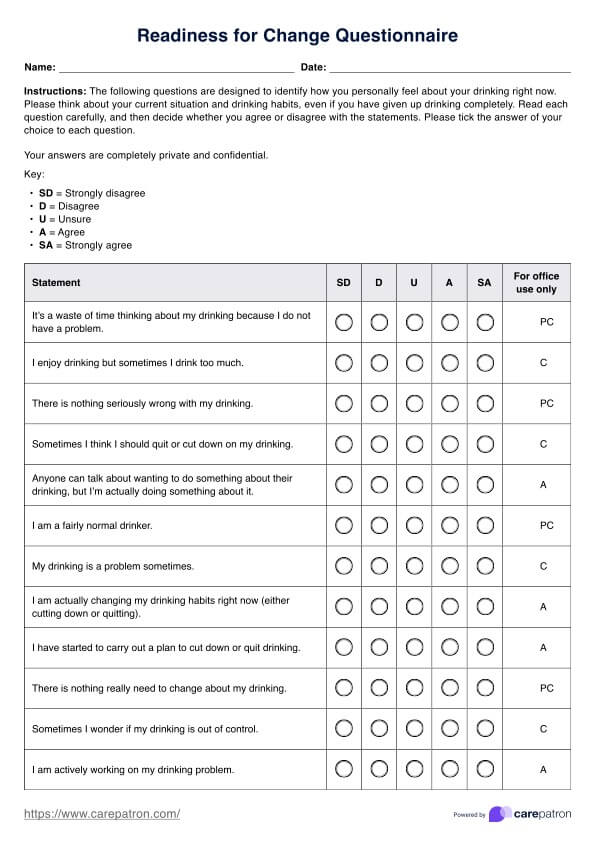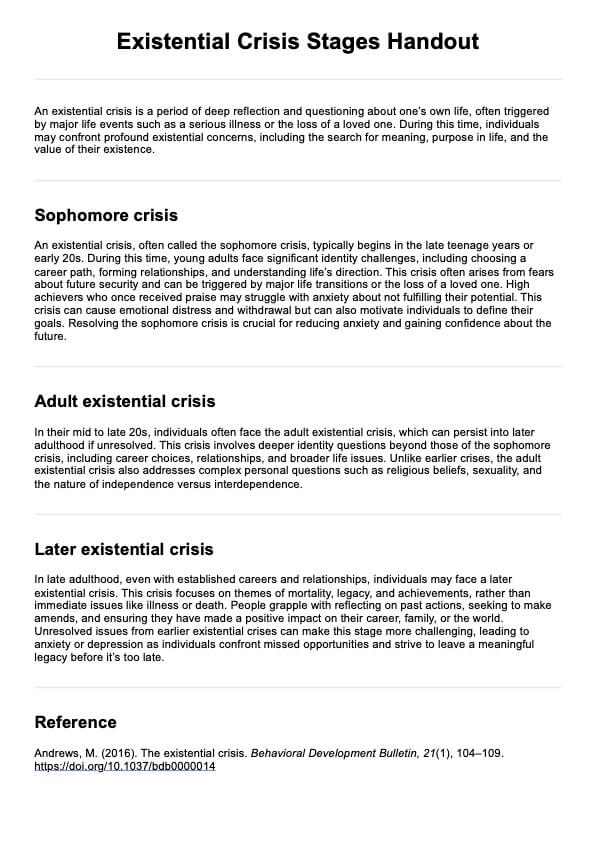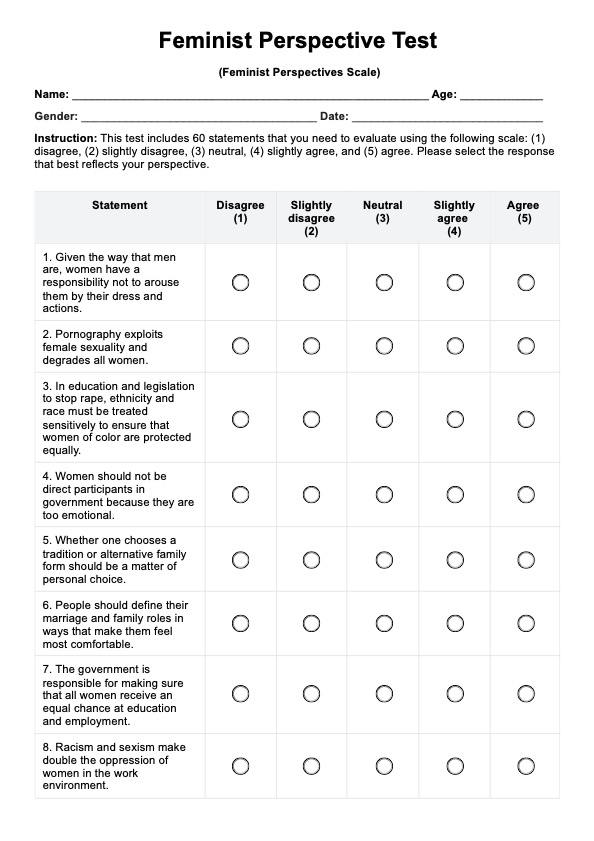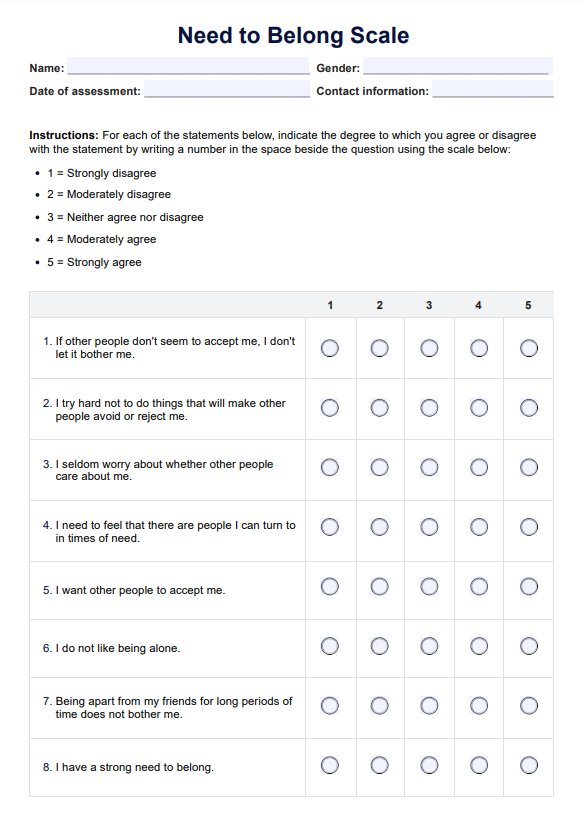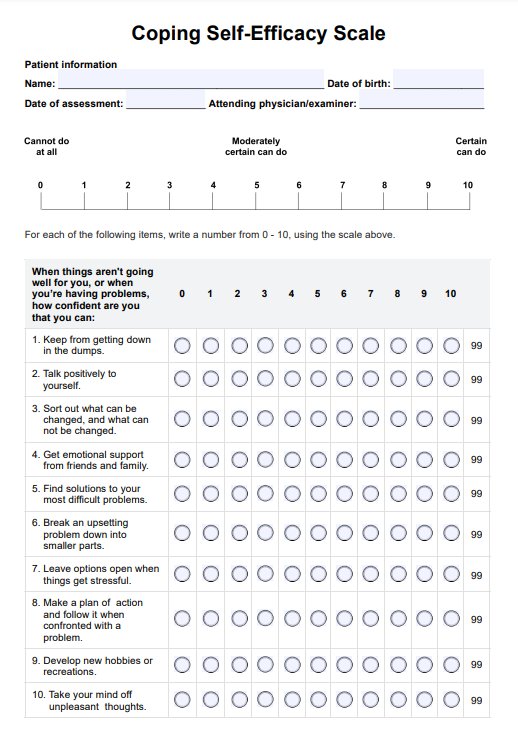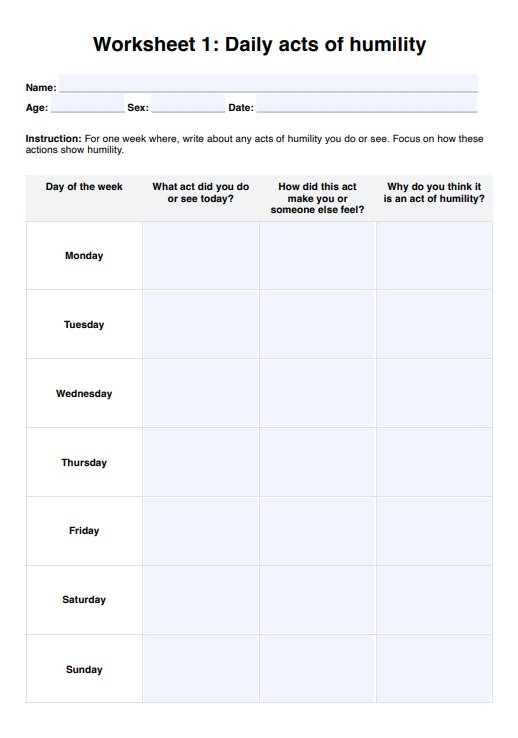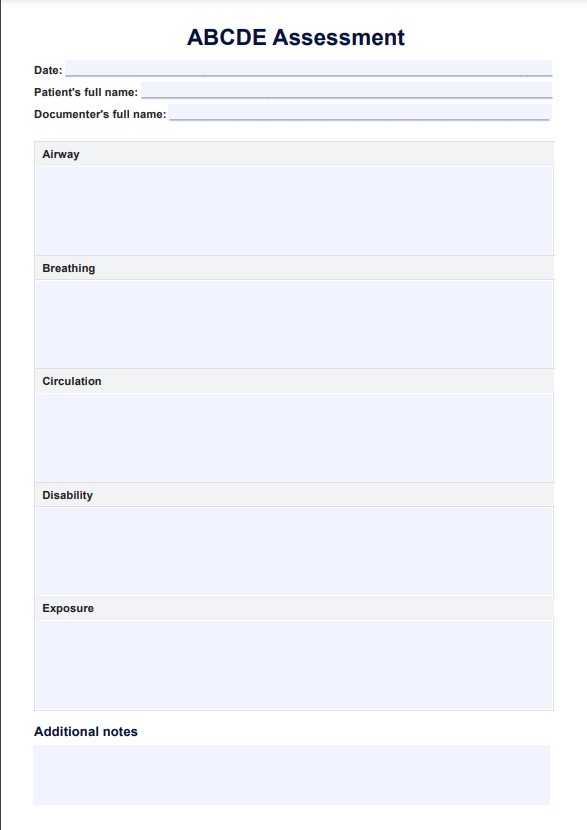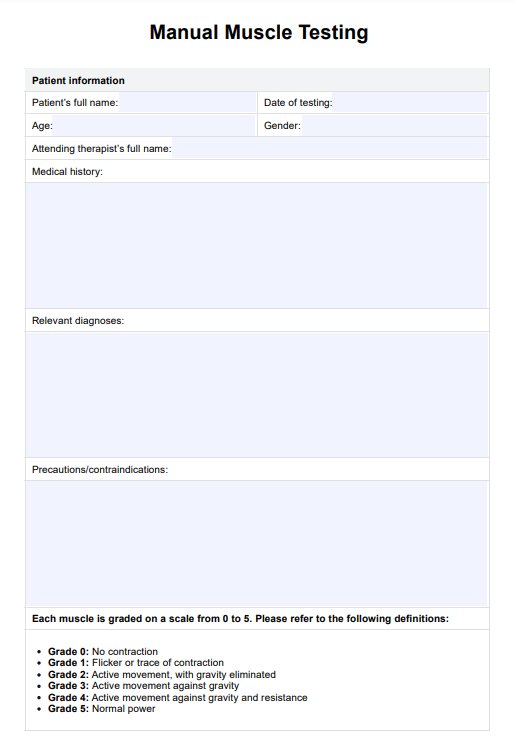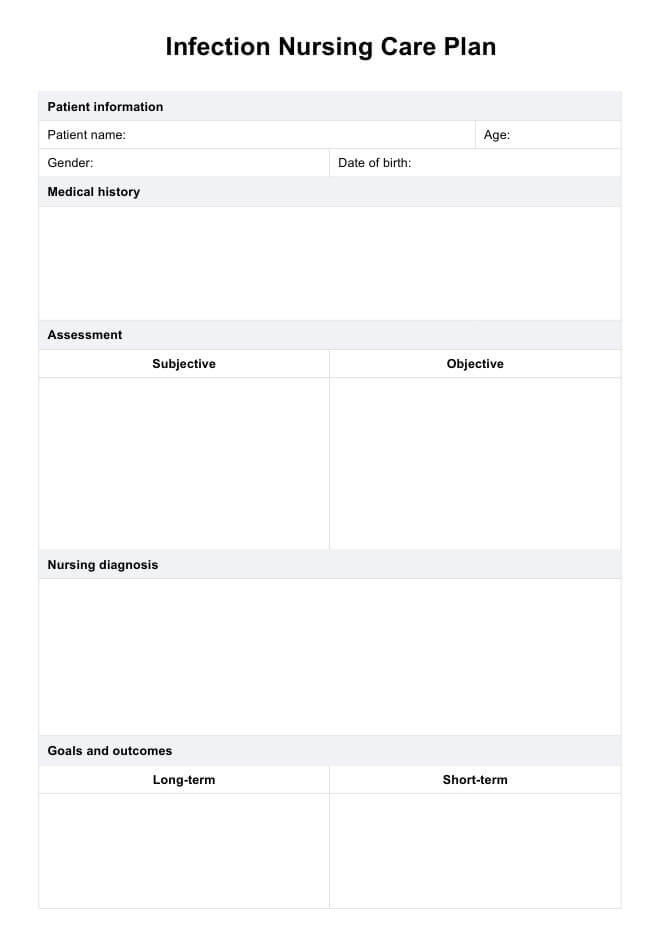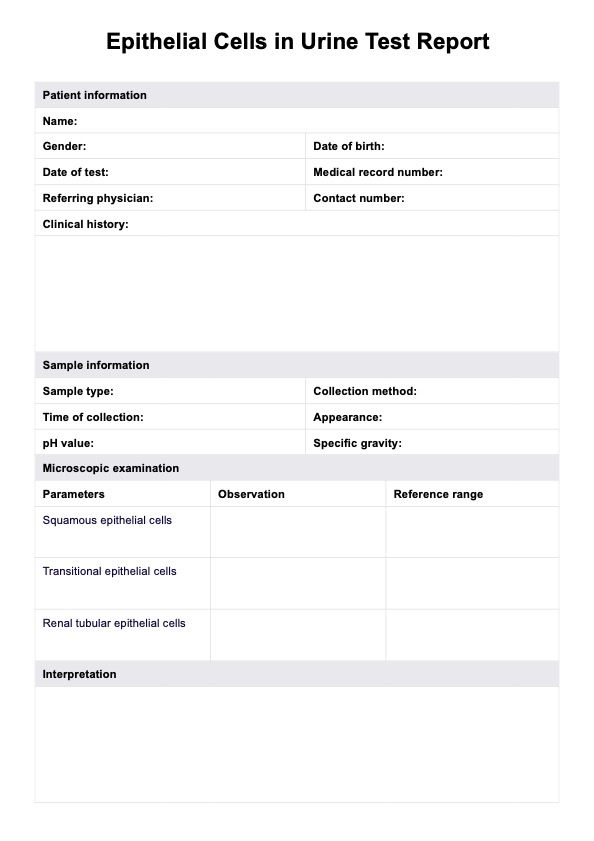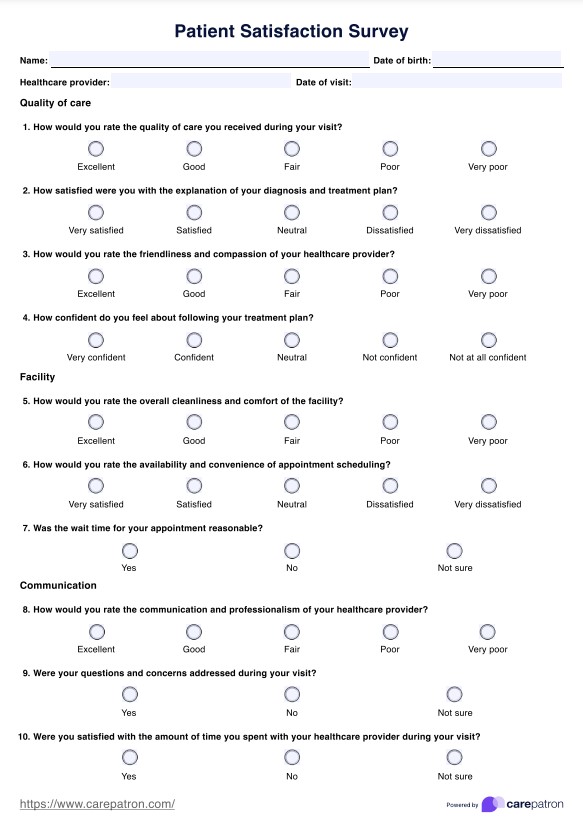Cancer Nursing Care Plan
Access our comprehensive Cancer Nursing Care Plan Template for efficient patient care management.


What is a Cancer Nursing Care Plan Template?
Cancer is a complex disease process characterized by the uncontrolled growth and spread of abnormal cells throughout the body. These cancer cells disrupt normal bodily functions and can form tumors in various organs and tissues. Understanding the intricacies of cancer and its impact on patients is crucial for providing effective care and support throughout the treatment journey.
A Cancer Nursing Care Plan Template is an essential tool in the clinical management of patients diagnosed with cancer. It is a structured guideline for nurses, enabling them to provide personalized and effective care tailored to each patient's needs. Using a standardized format ensures that all critical elements of care are considered and documented, enhancing the quality and consistency of patient care, which can help in cancer treatments in general.
A Cancer Nursing Care Plan Template streamlines the clinical documentation process. It offers a clear framework for nurses to record their observations, interventions, and patient outcomes systematically. The template not only aids in the patient's immediate care but also provides valuable information for future reference, ensuring continuity of care throughout the patient's cancer journey.
Moreover, this nursing care plan for cancer patients is a communication tool within the healthcare team. It facilitates information sharing among nurses, doctors, and other health care providers involved in the patient's care. This shared clinical documentation ensures that each team member is aware of the patient's status, treatment plans, and any changes or challenges that arise. As a result, the template plays a vital role in coordinating care, optimizing treatment strategies, and ultimately improving patient outcomes in cancer care.
Cancer Nursing Care Plan Template
Cancer Nursing Care Plan Example
How does this cancer patient nursing care plan work?
Using a cancer care plan template is methodical and patient-centric. It involves several key steps to ensure comprehensive and individualized care. The template acts as a guide, assisting nurses in systematically addressing the multifaceted needs of cancer patients.
Step 1: Patient information and assessment
Begin by filling in the patient's basic information, including name, age, gender, and date of birth. Then, document the patient's medical history in the provided space. Conduct a thorough assessment, noting both subjective (patient-reported) and objective (observable or measurable) findings. Record relevant test results in the designated areas.
Step 2: Nursing diagnosis and goal assessment
Based on the initial assessment, the nurse identifies specific nursing diagnoses. These diagnoses are problems that can be addressed through nursing intervention, such as pain management, emotional support, or dealing with side effects of treatment. Next, establish both long-term and short-term goals for the patient's care. These goals should be specific, measurable, achievable, relevant, and time-bound (SMART) to ensure effective care planning.
Step 3: Interventions and rationales
Develop a list of nursing interventions tailored to address the identified problems and achieve the set goals. For each intervention, provide a clear rationale that explains why the action is necessary and how it contributes to the patient's overall care. This step ensures that all interventions are evidence-based and purposeful.
Step 4: Evaluation and documentation
Assess the effectiveness of the implemented interventions and the progress towards achieving the expected outcomes regularly. Document the outcomes in the evaluation section, noting any changes in the patient's condition or response to treatment. Use the additional notes section to record any pertinent information that doesn't fit elsewhere in the care plan.
Using a nursing care plan for patient with cancer ensures that each step is meticulously followed, enabling nurses to provide holistic and effective care tailored to each cancer patient's journey.
What nursing interventions are used to manage cancer?
Effective cancer management requires comprehensive nursing interventions tailored to each patient's unique needs. These interventions are crucial to the nursing process and address various aspects of cancer care, from symptom management to patient and family education.
Pain management
Nurses assess and manage pain using a combination of pharmacological and non-pharmacological approaches. This may include administering pain medications as prescribed and teaching patients about pain relief techniques such as relaxation exercises or cold/heat therapy.
Symptom management
Symptom management extends beyond pain control. For instance, patients undergoing radiation therapy may experience side effects such as fatigue or skin irritation. Nurses provide interventions to alleviate these symptoms and educate patients on self-care strategies. Similarly, for those with breast or ovarian cancer, nurses may need to address specific concerns related to body image or fertility.
Patient and family education
Patient and family education is another key intervention. Nurses provide information about the disease process, treatment options, potential side effects, and self-care strategies. For example, educating patients on the importance of maintaining adequate oral hydration during treatment can help prevent complications and improve overall well-being.
When would you use this template?
The Cancer Nursing Care Plan Template is a versatile and essential resource for a wide range of healthcare practitioners involved in the care of cancer patients. Its use is appropriate and beneficial in various scenarios, ensuring that patient care is comprehensive and tailored to individual needs.
For initial patient assessment and planning
When a new patient is diagnosed with cancer, the template is invaluable for conducting a thorough initial assessment. It guides practitioners through gathering comprehensive information about the patient's medical history, current health status, pain assessment, and specific needs related to their cancer diagnosis. This initial use sets the stage for a well-informed and personalized care plan.
For multidisciplinary team coordination
Cancer care frequently requires a team approach involving oncologists, surgeons, nurses, dietitians, and other specialists. The template aids in coordinating these efforts, providing a standard format for sharing patient information and treatment plans. It facilitates clear communication among team members, leading to more cohesive and effective care.
In response to changes in patient condition
As patients progress through treatment, their condition may change, necessitating adjustments in care. The template is crucial for documenting these changes and reevaluating the care plan. It helps practitioners respond promptly and appropriately to new symptoms, side effects, or other developments.
For long-term follow-up and survivorship care
Even after the active treatment phase, cancer patients require ongoing monitoring and support. The Cancer Nursing Care Plan Template is beneficial for structuring long-term follow-up care, addressing potential late effects of treatment, and supporting survivorship issues, such as physical, emotional, and social challenges.
Why is this template useful for nurses?
Nurses using this Cancer Nursing Care Plan Template can tailor ongoing care and make more informed decisions. It offers several advantages, including the following:
Improved patient outcomes
One primary result of effectively using the care plan template is improved patient outcomes. These can manifest as better symptom management, reduced side effects of treatment, and enhanced overall well-being. Improved outcomes signify that the care strategies and interventions are working well and meeting the patient's needs.
Evidence of comprehensive care
The results from using a care plan template often reflect a comprehensive approach to patient care. When the care plan addresses a wide range of patient needs – physical, emotional, psychological, and social – it means that the template is utilized to its full potential, providing holistic care.
Feedback for continuous improvement
Finally, the results obtained from the care plan can offer valuable feedback for continuous improvement in cancer care practices. This can mean identifying areas where the care plan can be enhanced, suggesting updates in clinical guidelines, or highlighting the need for additional resources or training.
Commonly asked questions
To create a Cancer Nursing Care Plan Template, outline the key components: patient assessment, nursing diagnosis, goals and outcomes, interventions, rationale, and evaluation. Ensure the template is structured to guide nurses through each step, from initial assessment to ongoing care adjustments.
Nurses use Cancer Nursing Care Plan Templates to develop individualized care plans for cancer patients. They guide through the assessment, diagnosis, intervention, and evaluation, ensuring comprehensive and personalized patient care.
A Cancer Nursing Care Plan Template is typically created by experienced oncology nurses or healthcare professionals specializing in cancer care. A multidisciplinary team can also develop it collaboratively to encompass various cancer treatment and patient support aspects.


